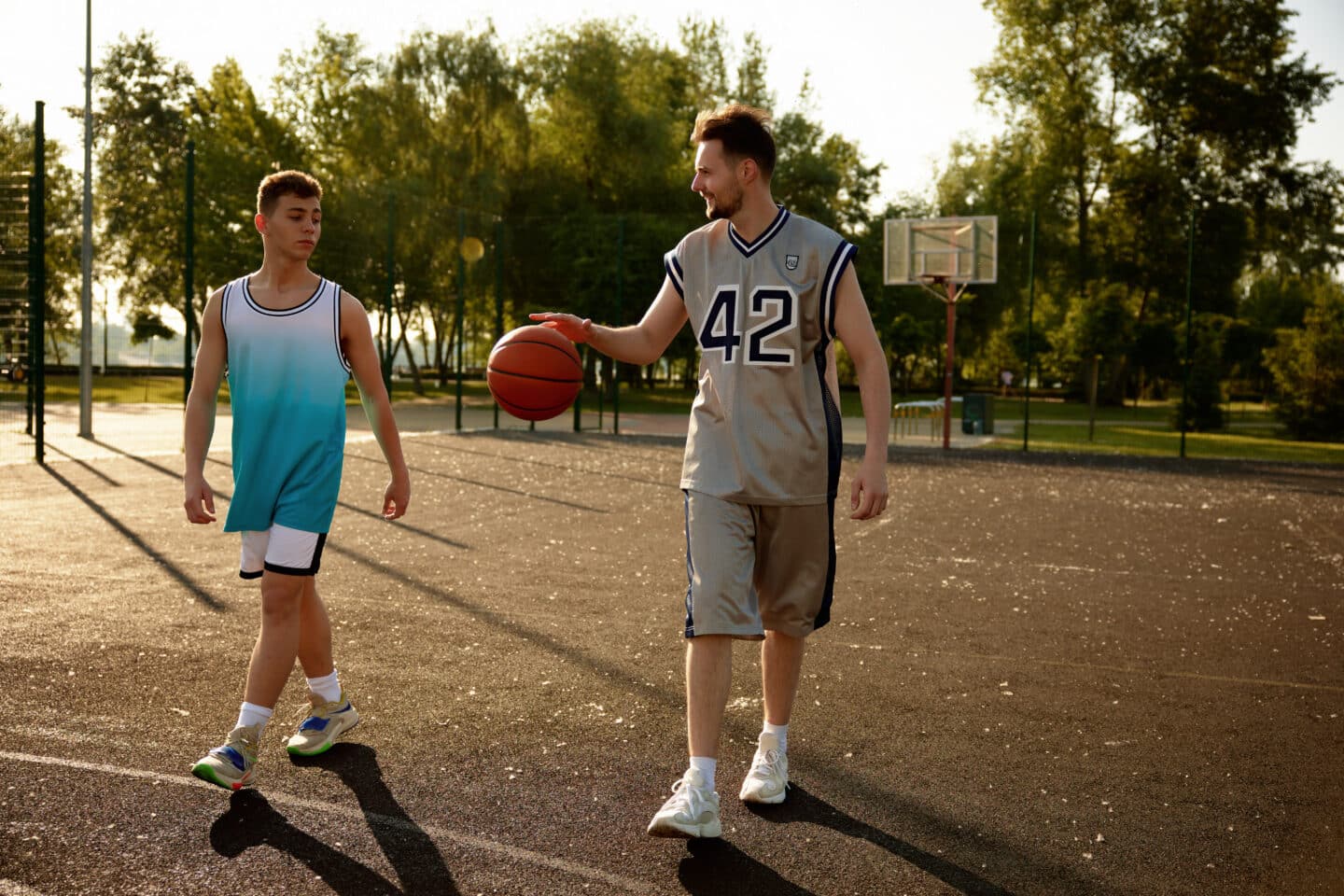
Introduction:
Let’s bust the myth about self-care being indulgent. Caring for oneself is a critical part of individual wellbeing. And – self-care isn’t just for adults, it’s essential for young people as well. This article shares statistics about the benefits of prioritizing self-care as an adolescent, and provides suggestions on how adults can support teens in this effort.
What Is Self-Care:
Self-care is the practice of tending to oneself physically, mentally, emotionally, spiritually, and psychologically to promote overall health and wellness throughout the lifespan.
Self-care involves many aspects of a person’s life, including:
The goal of self-care is to aid in the prevention or control of illness or disease through life-enriching behavior.
Why Do Adolescents Need Self-Care:
Adolescents are undergoing the most significant amount of development they will experience in their lifetime. They undergo physical maturation alongside cognitive, hormonal, and social-emotional development all while attempting to balance school, hobbies, friends, and home life.
Studies show young people are experiencing more mental health distress post-Covid. The Department of Education reported that in a May 2020 survey, one in four young people (ages 13-19) reported an “increase in sleep loss due to worry, feeling unhappy or depressed, feeling constantly under strain, and loss of confidence in themselves.
While these statistics are alarming, there is evidence that young people know the importance of self care. A 2023 survey in the U.S. found more than 90% of young people used self-care methods to manage their mental health and emotions. Those methods included listening to music, exercise, watching movies or playing video games, sports, hobbies, engaging in art, spending time outdoors, etc.
Self-care is self-preservation. When adolescents develop their own self-care practices, they are expanding their resilience and coping skills toolbox.
Four Ways Adults Can Help Teens Develop Self-Care Routines:
Interested in learning more about self-care and its benefits for adolescents and adults? Read more about our accredited life coach trainings here.